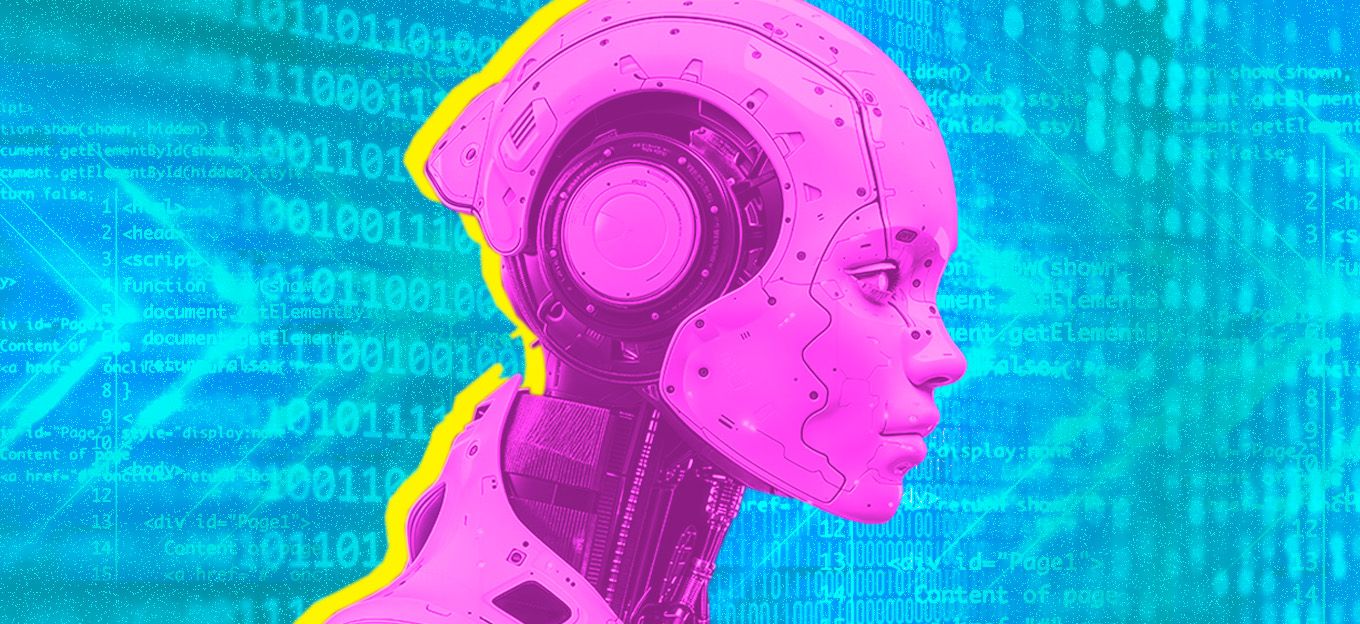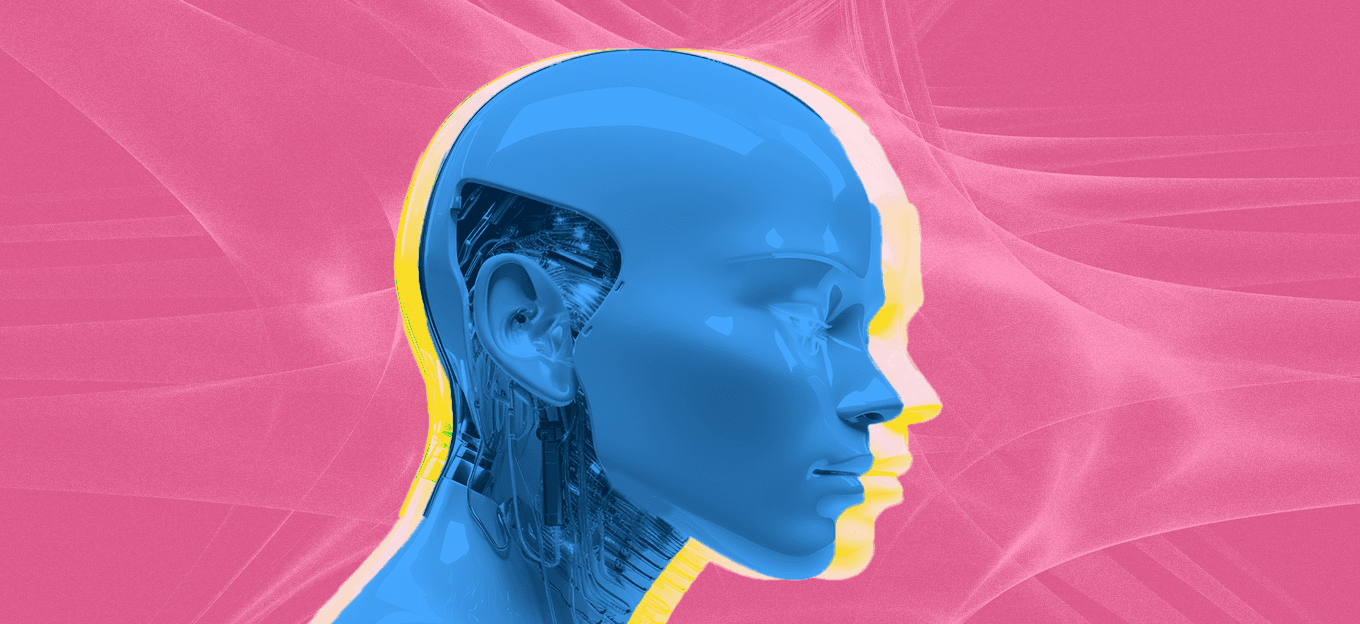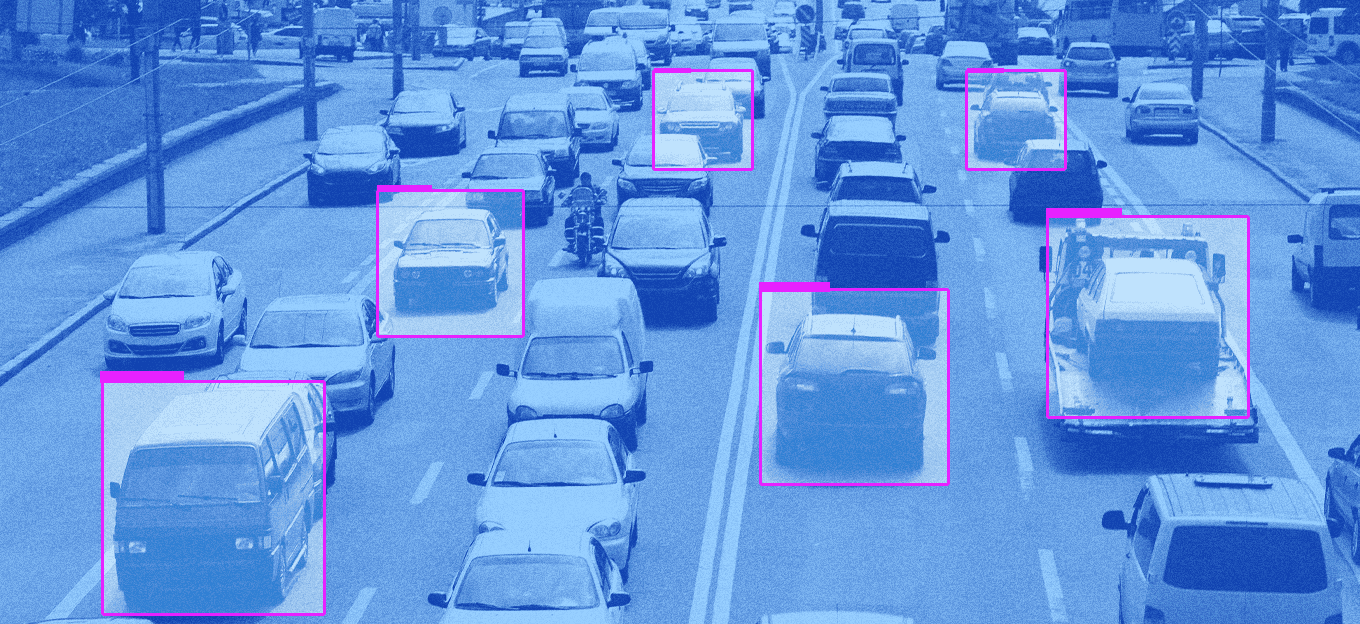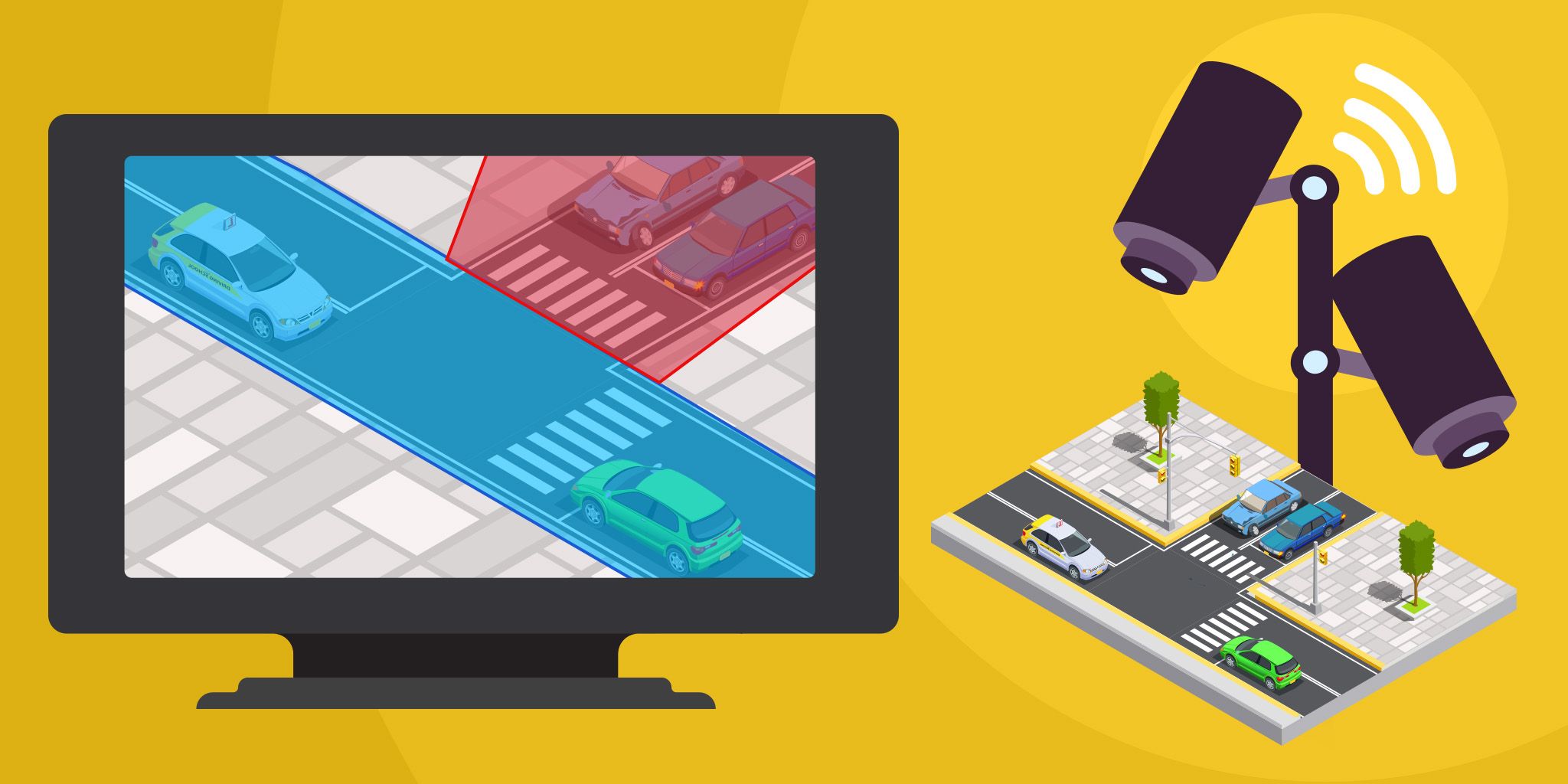AI Technologies Used in Smart Fitness Applications
AI Technologies Used in Smart Fitness Applications
- Last Updated: April 30, 2025
MobiDev
- Last Updated: April 30, 2025



AI has great potential in fitness software. However, incorporating this technology into your fitness applications can be confusing, especially if you're new to working with such projects. Today, we'll provide a summary of what AI technology is critical to the development of fitness applications, along with some real-world examples.
Types of AI Fitness Applications
Let's start with the types of AI-powered fitness solutions to see what features they can provide.
Virtual Coaching Apps
These solutions leverage computer vision and motion analysis to analyze exercise recordings. Users can record their exercises using smartphones or wearables, capturing video or motion data. AI algorithms then extract key points and track movements to evaluate form and biomechanics. By comparing the user's performance to ideal standards, determined by expert input or datasets, the app offers personalized, real-time feedback.
This app can be used for tracking both the correctness of performing physical exercises and analyzing the technique of playing sports games, be it tennis, golf, basketball, etc.
An example of such an application is BeONE Sports, a sports technology startup that specializes in advanced training for athletes. Their app includes a unique feature called "comparative training," allowing athletes to compare their body mechanics and positioning with a model representing perfect training. By using this app, athletes can learn and enhance their technique to achieve better performance.
Rehabilitation Applications
These apps offer customized guidance, monitoring, and support to help users improve their physical functions and regain mobility. They often utilize wearable devices or sensors to track movements and relevant metrics during exercises. AI algorithms analyze the collected data, providing real-time feedback and monitoring progress.
Personalized Training Applications
This type of fitness solution can generate personalized workout plans based on individual user data. Users input information about their fitness goals, exercise history, preferences, and limitations, which form the basis of their user profile. The AI algorithm then analyzes this data, identifying connections between exercises, workout durations, intensity levels, and desired results.
Various examples of AI-powered personal training apps are available in the market, including Evolve AI, Fitbod, Freeletics, Zing Coach, and many more. These apps utilize AI technology to deliver tailored workout recommendations and support users in reaching their fitness goals.
Technologies Behind AI-powered Fitness Solutions
AI-powered fitness solutions rely on a combination of technologies to deliver their functionalities. Some of the key technologies behind smart fitness apps include:
- Machine Learning (ML): Machine learning algorithms analyze large datasets, learn from patterns and correlations, and make predictions or recommendations based on the data. ML algorithms are used for tasks such as exercise recognition, activity tracking, personalized workout planning, and performance analysis.
- Computer Vision: Computer vision technology enables the analysis of visual data, such as images or videos, in fitness applications. It is used for tasks like human pose estimation, movement tracking, and form analysis. By understanding human movements and body positions, computer vision algorithms can provide feedback on exercise techniques and offer corrective guidance.
- Natural Language Processing (NLP): NLP technology is used in conversational AI interfaces, chatbots, and voice assistants to interpret user queries, provide instructions, and offer personalized feedback. NLP allows users to interact with the fitness app through natural language, making the experience more intuitive and user-friendly.
- Data Analytics: Data analytics techniques are employed to extract insights from the vast amount of user-generated data in fitness applications. Data analytics helps in tracking progress, identifying trends, and providing actionable recommendations for users.
- Wearable Technologies: Many AI-powered fitness solutions utilize wearable devices or sensors to collect real-time data about the user's movements, heart rate, sleep patterns, and other physiological parameters. These sensors provide valuable input to AI algorithms, enabling accurate tracking, analysis, and personalized feedback on the user's fitness activities.
Wrapping Up
While there are challenges to consider, such as data accessibility, privacy, and the trustworthiness of AI decisions, integrating AI into fitness applications can offer businesses a competitive edge. As AI technologies advance, they will unlock greater opportunities for innovation in the sports and fitness industry.
By initiating the incorporation of AI into your project sooner rather than later, you can establish a robust foundation that will support your future growth and ensure reliability.
The Most Comprehensive IoT Newsletter for Enterprises
Showcasing the highest-quality content, resources, news, and insights from the world of the Internet of Things. Subscribe to remain informed and up-to-date.
New Podcast Episode

Navigating the Future of Embedded Computing
Related Articles





